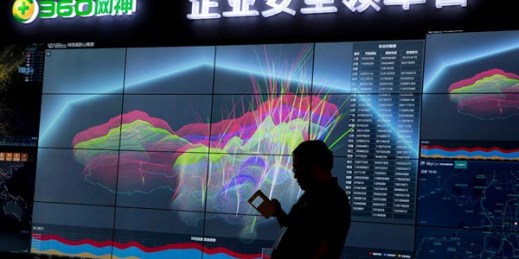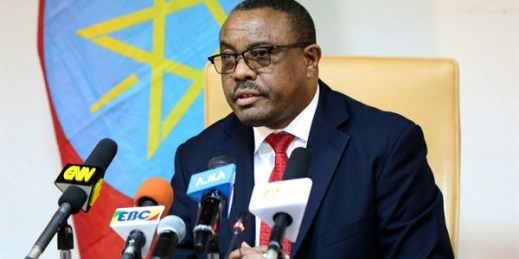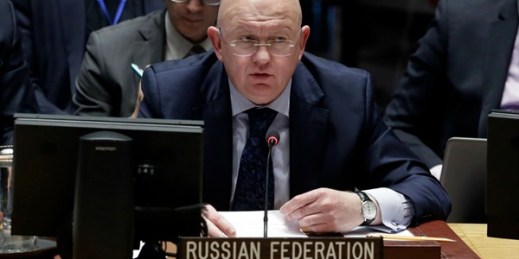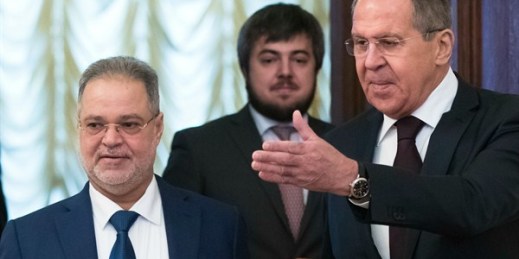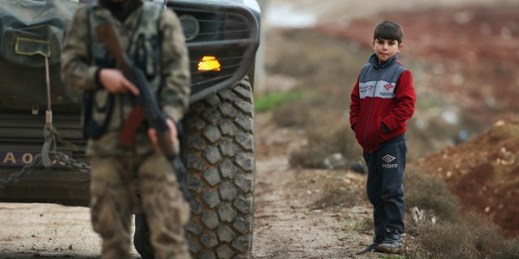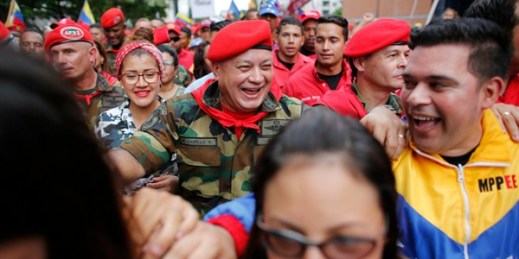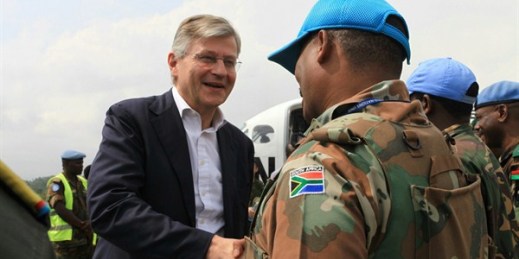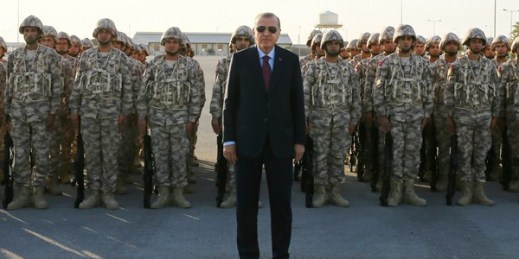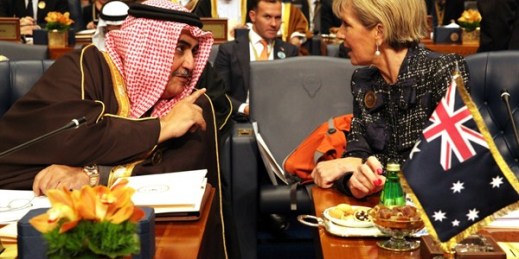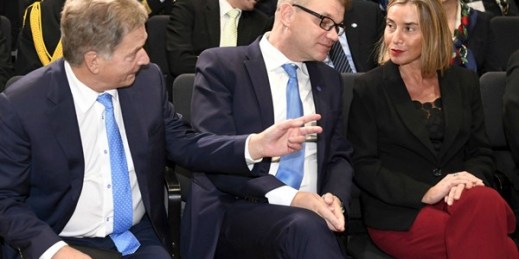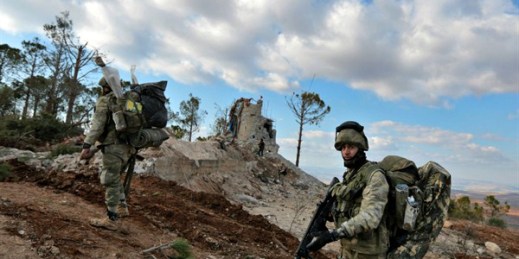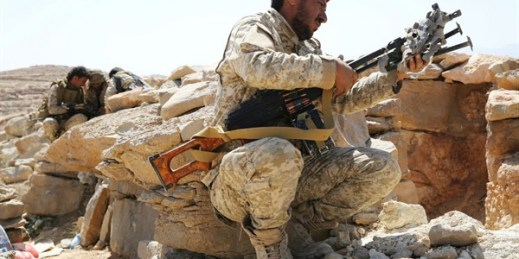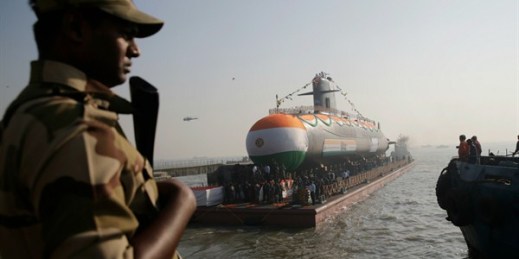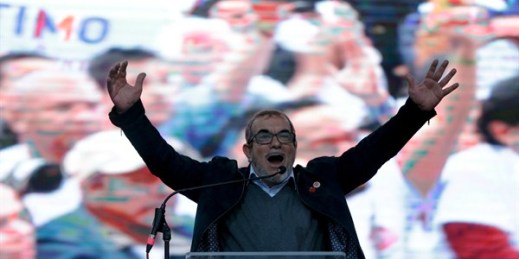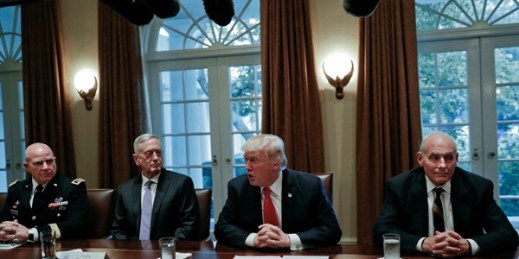
Poland’s harsh policy on drugs, in place for nearly two decades, has not been effective. Now civil society groups are pushing for a new approach. Editor’s note: This article is part of an ongoing series about national drug policies in various countries around the world. Poland’s strict drug laws, in place for nearly two decades, are considered among the harshest in Europe. But criminalizing even minor drug possession has proven ineffective, and the president who signed the measures into law has admitted they are a policy failure. In an email interview, Kasia Malinowska, director of the Global Drug Policy Program […]

